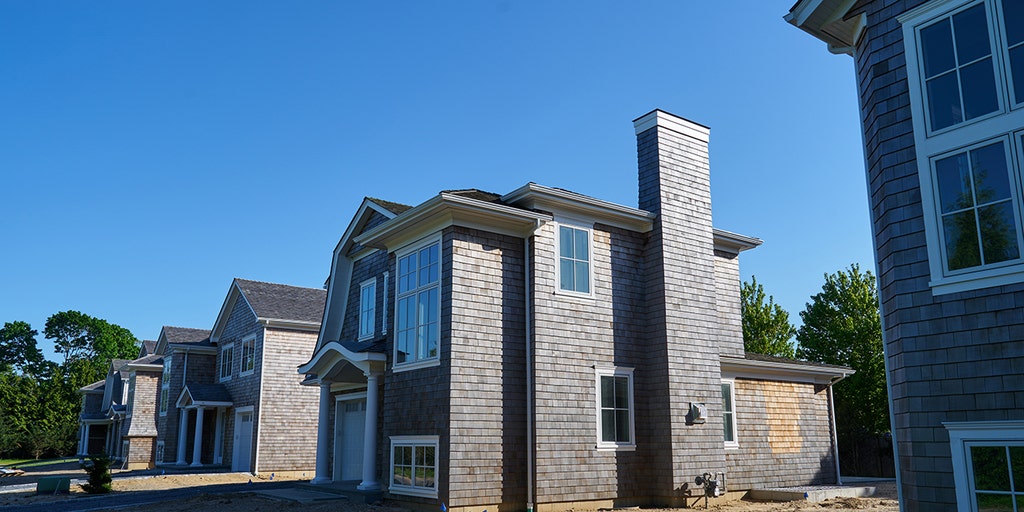Housing Prices in Swing States Can Impact the Election, Experts Say
There is a significant effect between the performance of residential real estate, the largest asset class in the U.S., and voter behavior during an election year, according to authors of the “Housing Performance and the Electorate” study. Some argue that presidential election outcomes in ‘swing’ counties are particularly vulnerable to the local real estate economy, according to the authors, which evaluated heterogeneous county-level housing market performance on voter behavior in the six presidential elections between 2000 and 2020.
In the study, published in the Journal of Real Estate Research, a leading academic journal in real estate, the authors discovered that counties with superior house price performance in the four years leading up to an election are more likely to vote-switch to the incumbent party. The report was authored by Eren Cifci, an assistant professor of finance at Austin Peay State University, Alan Tidwell, associate professor of finance at The University of Alabama, J. Sherwood Clements, assistant professor at Virginia Tech, and Andres Jauregui, a professor at California State University, Fresno.
Conversely, people who lived in areas with relatively inferior house price performance during that same four-year span were more likely to switch their vote from the incumbent to the challenging party, the authors noted.
Based on the study, Realtor.com analyzed the outcome of the upcoming election could be partly influenced by home prices in swing counties of the seven battleground states:
Here are the seven states, according to Realtor.com:
– **Arizona**
– **Georgia**
– **Michigan**
– **Nevada**
– **North Carolina**
– **Pennsylvania**
– **Wisconsin**
Realtor.com Senior Economic Research Analyst Hannah Jones underscored that home prices can have an impact on elections due to the fact that a large majority of a homeowner’s wealth is in the home they live in, and the fact that the majority of voters are also homeowners. “Home values and housing affordability loom large in the minds of homeowners, especially around elections,” Jones said. She also argued that homeowners who have seen their home’s value climb may feel more satisfied with their current set of elected officials and policies.
The issue with today’s market, she said, is that many buyers, sellers, and renters are facing affordability challenges, which means on-the-edge voters may be more likely to consider new policies or candidates who promise relief.
Data from the Federal Reserve Bank of St. Louis shows that home values have increased 34% since President Biden took office in January 2021. Even still, we are in the midst of a housing affordability crisis due in part to years of underbuilding which fueled a shortage of homes in the country. That problem was then exacerbated by the rapid rise in mortgage rates and expensive construction materials.
In March, home prices reached a new record amid the housing shortage and high mortgage rates continued to push affordability out of reach for more Americans.
As of May 23, the 30-year fixed-mortgage rate averaged 6.94%, which was down from the 7.02% reported a week earlier. It’s a far cry though from the 3% rate or less that sellers locked in during the pandemic, making them reluctant to sell.
Redfin Chief Economist Daryl Fairweather told FOX Business that Redfin survey results show that over half of homeowners and renters are dissatisfied with housing affordability and say it will impact who they vote for in the presidential election. “Given that high-interest rates make it unaffordable for renters to become first-time homeowners, or for homeowners to upgrade to a more expensive home, the state of the housing market could be a minus for Biden,” she noted.
FOX Business’ Megan Henney contributed to this report.


